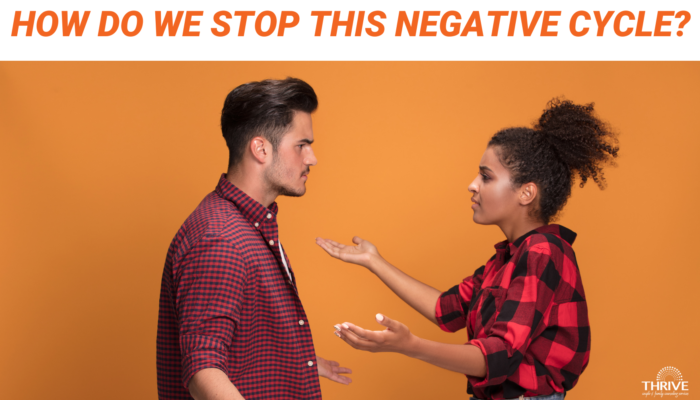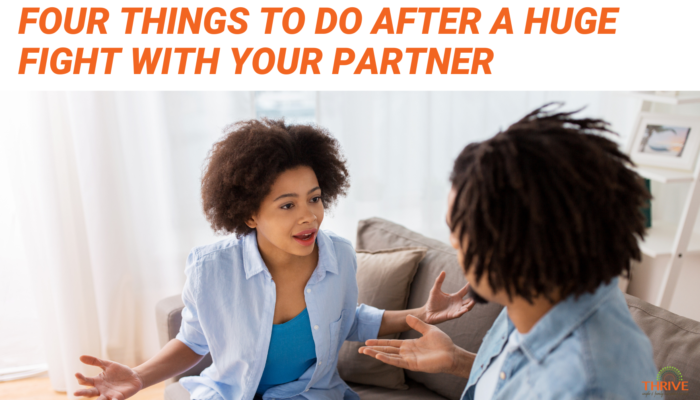A.R.E. – Accessible Responsive and Engaged
Are you there for me? This is a question that every couple in the world asks each other.
If the answer to this question is yes, the relationship thrives, provides long-lasting love and fosters emotional responsiveness. If the answer to the question is no, both partners feel isolated from one another, leading to frustration and loneliness. These challenges are ones we overcome in Couples Counseling using research-based Emotionally Focused Therapy.
So what is this question?
Dr. Sue Johnson, the founder of Emotionally-Focused Therapy (EFT) has found that this very important question that couples ask each other is: “Are you there for me?”
Simple enough, right? But this seemingly simple question is made up of a lot more than we see on first glance. Let’s break down some of the key components of this question.
Responsiveness: One key component to couples feeling like their partner is there for them.
In other words, couples that feel the most connected to their partner then know that their partner will be responsive to how they’re feeling in a way that is helpful, supportive, and facilitates closeness.
Imagine that Charles sees that his wife, Angie, is crying. When he sees this, he assumes that it was him that made her upset, he doesn’t want to make it worse, so he leaves her alone. On the flip side, Angie knows that Charles can hear her crying yet hasn’t come to check on her, She begins to think that he doesn’t care. She is upset about something that happened to her at work, but doesn’t bring it up to him since, given the fact that he didn’t check on her in the midst of her upset, she believes that he doesn’t want to know what’s wrong.
They both end up feeling more distance from each other at the end of this interaction. Angie does not think that Charles is responsive and there for her.
So how could that interaction go so that Angie did feel like Charles was there for her?
A.R.E: Accessible, Responsive and Engaged
Dr. Sue Johnson came up with another way to ask the same question so that couples feel more emotional responsiveness from each other. Rather than asking “Are you there for me?” couples can ask each other the acronym “A.R.E. you there for me?”
The acronym A.R.E. stands for Accessible, Responsive, and Engaged. So when one person asks their partner, “Are you there for me?” they are really asking, “Are you accessible, responsive, and engaged with me when I reach out to you?”
Let’s explore that acronym some more…
Accessible
Having a partner that is accessible means that they are available and can be reached when you need them. When something is upsetting or exciting, you want to be able to tell your partner about it! In a similar way, when you have a question about something that gets your head spinning, you want to know that you can reach your partner to provide an answer to it.
This is especially important when you’re upset or feeling insecure. These feelings give your partner the opportunity to connect with you by consoling and helping you express your emotions more clearly.
If your partner is not accessible, it can heighten those upset and insecure emotions. Your head may start to spin and it can become more difficult to resolve those emotions if you can’t reach your partner when you want to.
This doesn’t just refer to partners being physically accessible either. Perhaps your partner is in the same room as you, but doesn’t feel the opportunity to access you. Can your partner make sense of your emotions? Are you expressing yourself to your partner in ways that don’t blame them? Can you reconnect with your partner once the spinning stops and determine what’s going on inside of you? If the answer is no, your partner’s presence won’t do any good. Neither of you will feel accessible to the other.
Responsiveness
If you find that your partner is accessible, there is another step that you need your partner to make in order to start feeling that connection, and that’s seeing that your partner is responsive to your emotions.
You need to know that what’s going on in your world matters to your partner. No one wants to see their partner notice their emotions and not respond to them. Like Angie did in the story, you might start to think that your partner doesn’t care.
However, it is rarely the case that partners don’t care about the other’s emotions. Rather, when an individual sees that their partner is upset or angry or shut down, alarms go off in their mind.
Those alarms might say things like “Is she/he mad at me? Did I do something wrong?” These alarms can make it difficult for your partner to figure out what happened that brought on your emotional response. They might think, “I have to fix this, but I don’t know what to fix!” They might try different things, but if they don’t know what brought on your emotional responsiveness, it’s unlikely they’ll work.
And when they don’t work, feelings of frustration build on both ends. (Alternatively, like Charles, your partner may just not try anything since they don’t know what to do or assume that you want to be left alone.)
If you are both accessible and responsive, you can tune into each other’s needs, thoughts, and emotions. Once you can do that, then you can comfort and support each other, which allows you to effectively solve the problem together.
Engagement
There is still one more step to the question, “ARE you there for me?”
Not only do partners need to be accessible and respond to one another, but they need to be engaged in the conversation to create true emotional connection.
Seeing your partner prove to you that they want to show up for you and be engaged when you share with them pulls partners closer together.
When you try to talk to your partner and you see him or her do things like stay quiet, pull away, yell, withdraw, or pout, you don’t want to keep sharing with them.
On the other hand, when your partner asks questions, validates your emotions, expresses empathy, and is present mentally with you, you will see that engagement and want to continue sharing with him or her.
Engagement is about leaning in and being involved in ways that allow you to grow closer through sharing your emotions, thoughts, and needs.
The good news about A.R.E. is that couples can and do repair this quality in their relationships. Whether you have simply been disconnected, whether you have been injured by an affair, or you are repairing from an addiction, you can learn to become more Accessible, Responsive and Engaged with each other.
So, the next time the opportunity presents itself, imagine your partner asking, “A.R.E. you there for me?”
Use it as an opportunity to be accessible, responsive, and engaged. Your relationship will thank you for it!
Ready to fine-tune your communication skills and become a better listener? Our Denver couples counselors are ready to help. Call us at 303-513-8975, X1, or schedule online today:
This blog post was brought to you by couples therapy specialist Emma Loach.




